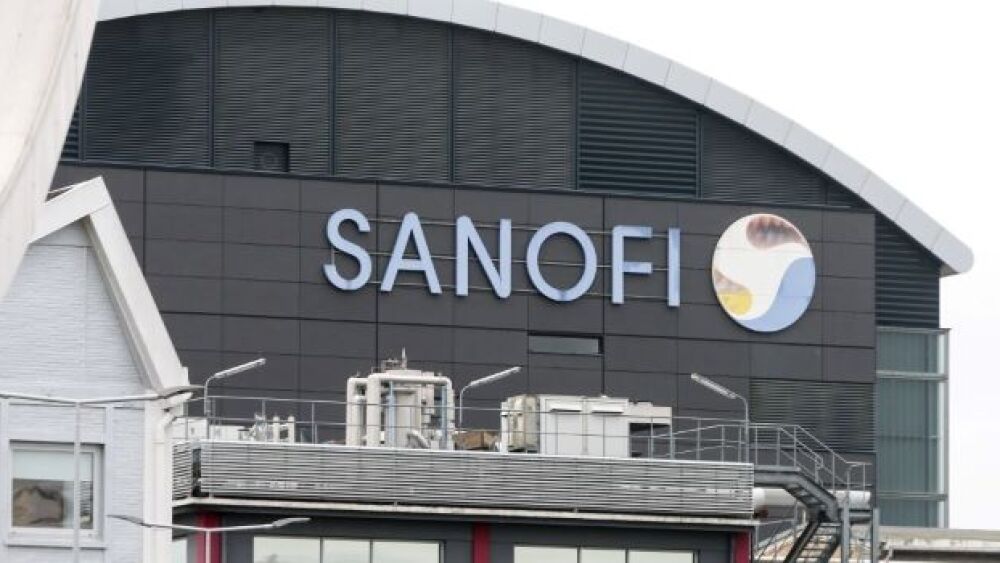The trial is the third study in a set of pivotal trials to report positive data for the therapy.
Michel Stoupak/NurPhoto via Getty Images
AstraZeneca and Sanofi’s jointly developed respiratory syncytial virus (RSV) monoclonal antibody (mAb) nirsevimab recently demonstrated positive safety and tolerability in a Phase II/III trial. The trial is the third study in a set of pivotal trials to report positive data for the therapy.
In the Phase II/III MEDLEY trial, investigators assessed the safety and tolerability of nirsevimab in approximately 925 preterm infants or infants with chronic lung disease (CLD) or congenital heart disease (CHD) who were entering their first RSV season. Researchers compared the safety and tolerability to palivizumab by monitoring the incidence of treatment-emergent adverse events and treatment-emergent serious adverse events through one year after treatment.
The topline study findings show nirsevimab featured a safety and tolerability profile similar to that of palivizumab in this patient population. According to primary MEDLEY investigator, Dr. Joseph Domachowske, a professor of Pediatrics and professor of Microbiology and Immunology at the State University of New York, the data “are important as they show a safety and tolerability profile comparable to the only available preventative option against lower respiratory tract infections caused by RSV for preterm infants and those with health conditions.”
Nirsevimab is being jointly developed by AstraZeneca and Sanofi under a collaboration agreement set in March 2017. The agreement terms appointed AstraZeneca as the leader of all development activity through initial approvals while Sanofi was appointed leader of all commercialization activities.
Sanofi reported in April that treatment with nirsevimab in the Phase III MELODY trial led to a significant reduction in lower respiratory tract infections caused by RSV in healthy preterm and term infants. Phase IIb trial findings reportedly contribute to the evidence supporting nirsevimab in this population.
“We believe nirsevimab has the potential to become an important and innovative routine immunization for all infants—those born prematurely or at term, healthy or with health conditions,” said Sanofi Pasteur’s Global Head of Research and Development, Jean-François Toussaint, in a statement.
Mene Pangalos, AstraZeneca’s BioPharmaceuticals R&D, added the findings from the MELODY PHASE III trial, Phase II/III MEDLEY trial and the Phase IIb data will soon be shared with regulators to identify a path forward for the therapy.
AstraZeneca also recently announced other positive findings from a Phase III pivotal trial of its once-weekly type 2 diabetes treatment exenatide. The once-weekly glucagon-like peptide-1 receptor agonist, first approved in January 2012, significantly reduced blood sugar compared with placebo in adolescents aged 10 to 17 years with type 2 diabetes. Exenatide’s latest formulation, dubbed BYDUREON BCise, was approved in October 2017 as an adjunct treatment to diet and exercise.
The study only lasted 24 weeks, but the investigators found the therapy a promising addition to the treatment armamentarium in adolescents with the metabolic disorder. “We’re greatly encouraged by these results in adolescents with type 2 diabetes,” said Medical Lead James Ruggles. “We hope that, once approved, exenatide once weekly will serve as a much needed convenient treatment option for adolescent patients.”





